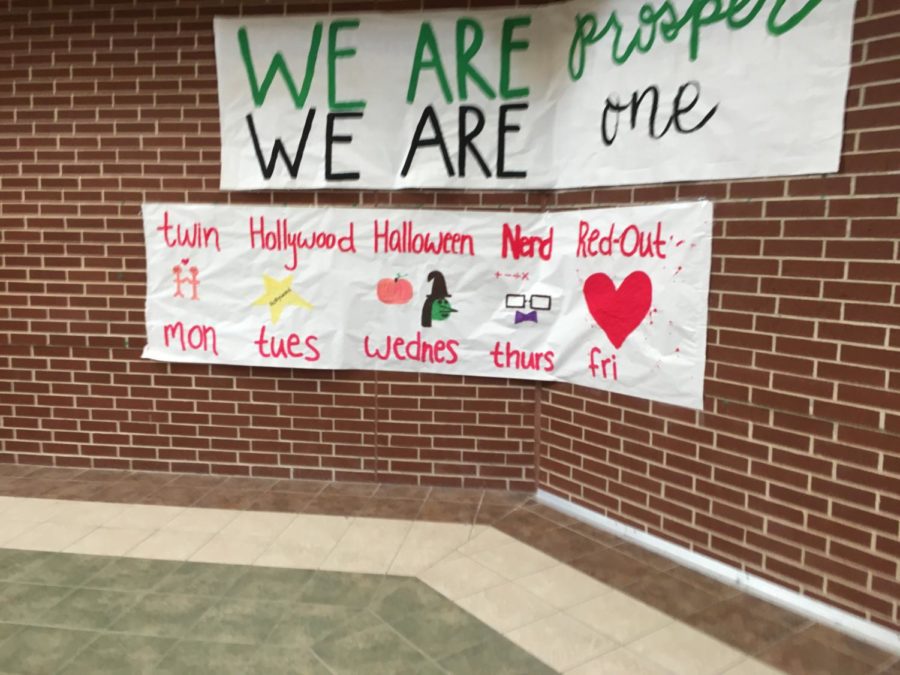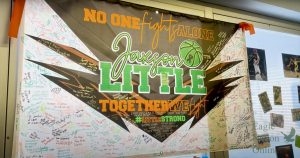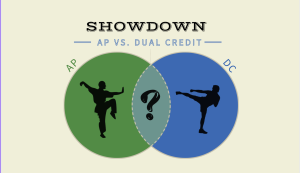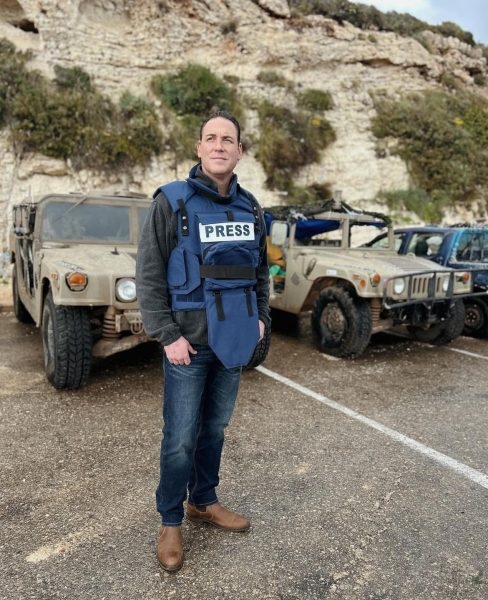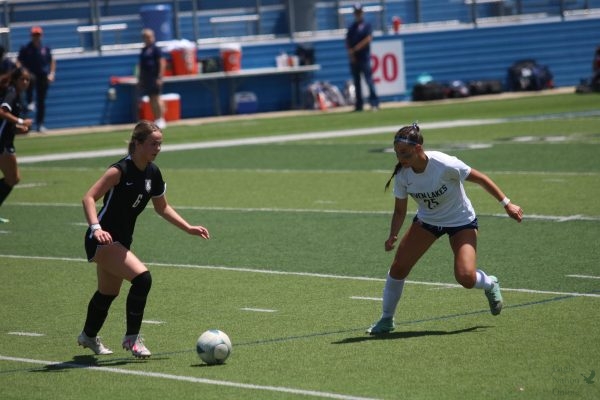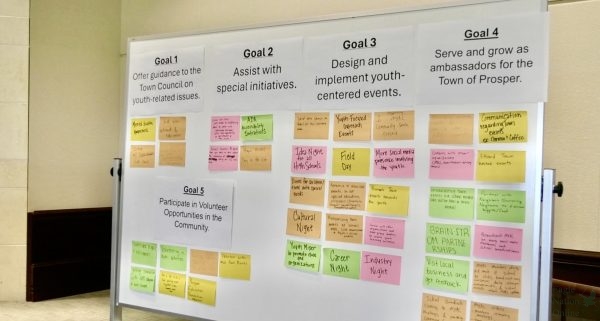Red Ribbon Week calls students to take stand
The themed days for “Red RIbbon Week” highlight an arena-side hallway a poster in the high school. This annual event begins Oct. 29 and ends Nov. 2. “Our student council is trying to plan some activities along with the dress-up days to focus in and make students think about “Red Ribbon week,” Counselor Julie Cooper said.
October 28, 2018
Enrique Camarena was a Drug Enforcement Administration (DEA) Agent who was kidnapped on his way to lunch with his wife, and he was later tortured to death. More than 33 years later, Camarena – and his battle against illegal drug use – still claim the focus each year during “Red Ribbon Week,” which begins for high school students on Monday, Oct. 29.
“In honor of Camarena’s memory and his battle against illegal drugs, friends and neighbors began to wear red badges of satin,” National Family Partnership’s volunteer president Peggy Sapp said on the organization’s website. “Parents, sick of the destruction of alcohol and other drugs, had begun forming coalitions.”
The NFP sponsored the first campaign in 1988, and the group’s members continue the tradition yearly.
“Today, the Red Ribbon serves as a catalyst to mobilize communities to educate youth and encourage participation in drug prevention activities,” Sapp stated at NFP.org. “Since that time, the campaign has reached millions of U.S. children and families.”
Communities have participated in the fight against drugs since even before the start of the campaign with the first red ribbons, which initially were worn to recognize Camarena’s death and his fight against those who tried to make illegal drugs available in the United States.
“We did red ribbon week when I was in high school in the 80s, so it’s been around for a very long time,” Counselor Julie Cooper said. “Our student council is trying to plan some activities along with the dress-up days to focus in and make students think about Red Ribbon week.”
The student council has planned an event to inform students of the severity of drug abuse.
“It’s important for students to go all-out because, first of all, it is just fun to do something out of the ordinary, but the more visible it is, the more kids are just going to be aware of the issues,” Cooper said. “I think it makes students more aware of what is going on around them because we get to where we are just numb to it; I don’t think everyone recognizes that there is really an issue unless it affects them.”
According to Cooper, electronic cigarettes and vapes are an issue, as well as alcohol and other drugs.
“I think that vaping should be addressed in the fight against drug abuse because there is just enough research for kids to understand how much it hurts your body physically,” Cooper said. “In the beginning, they thought it was the safe way to smoke, but it’s not.”
The campaign uses fun events and costume days to inform students about the consequences of drugs.
“It’s not always the students who have the drug addictions. A lot of times, it’s a parent, and so it affects home life, academics and extracurricular involvement,” Cooper said. “If it’s a part of your life, it is going to affect every aspect of your life.”
The eradication of student drug addictions begins when students say no, according to Cooper.
“Probably the best thing that kids can do is be very vocal about their decision to not participate,” Cooper said. “Because I think that if you are in a group of kids, and somebody offers drugs, it can be hard to be the person to say no.”
Cooper said she did think one student could make a difference.
“But, I really feel like if one person is brave enough to say ‘No, I’m not going to do that,’ then the majority of kids are going to follow the person who says no,” Cooper said. “It is just being brave enough to be the first to say, ‘No.’”


